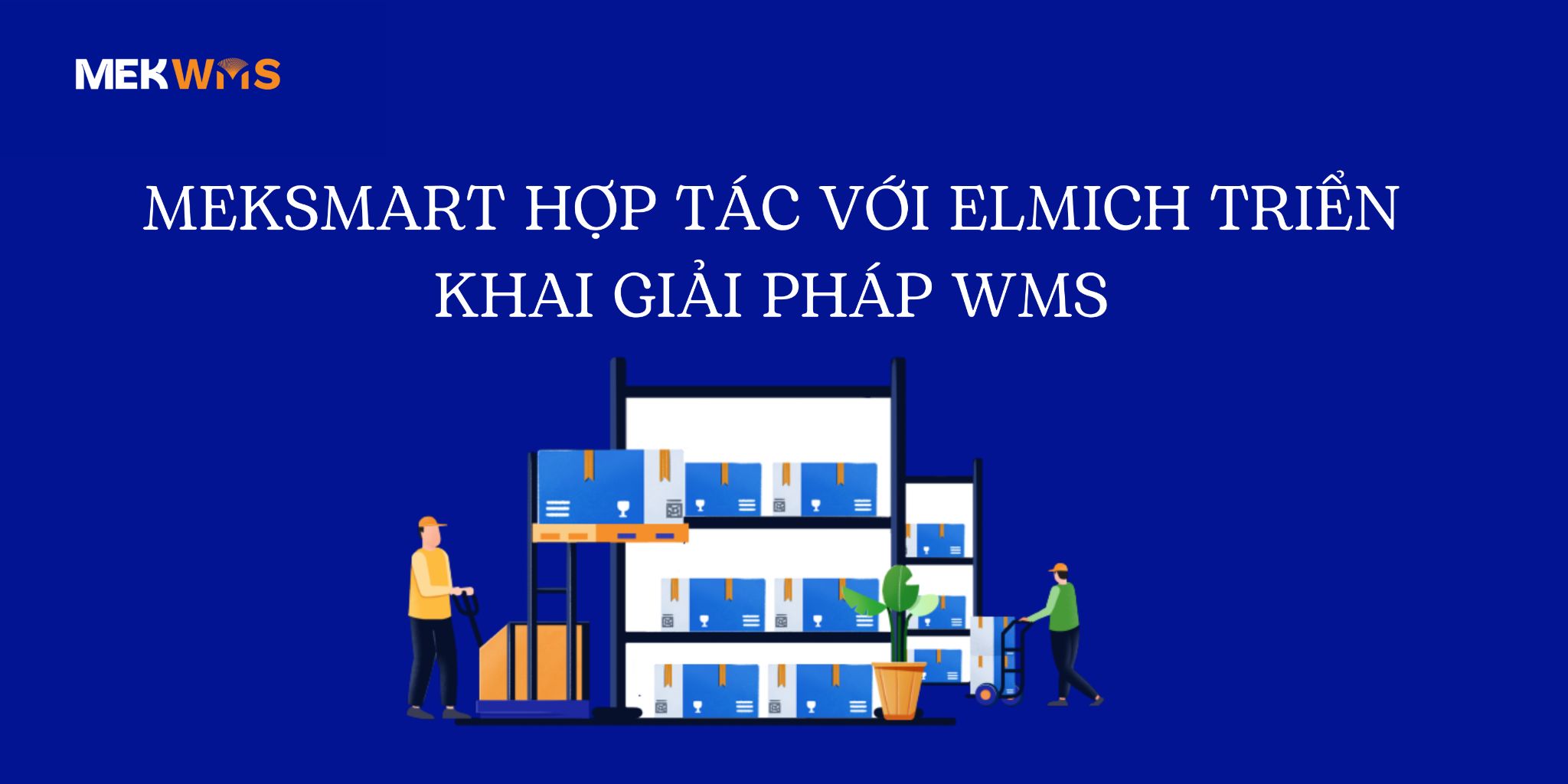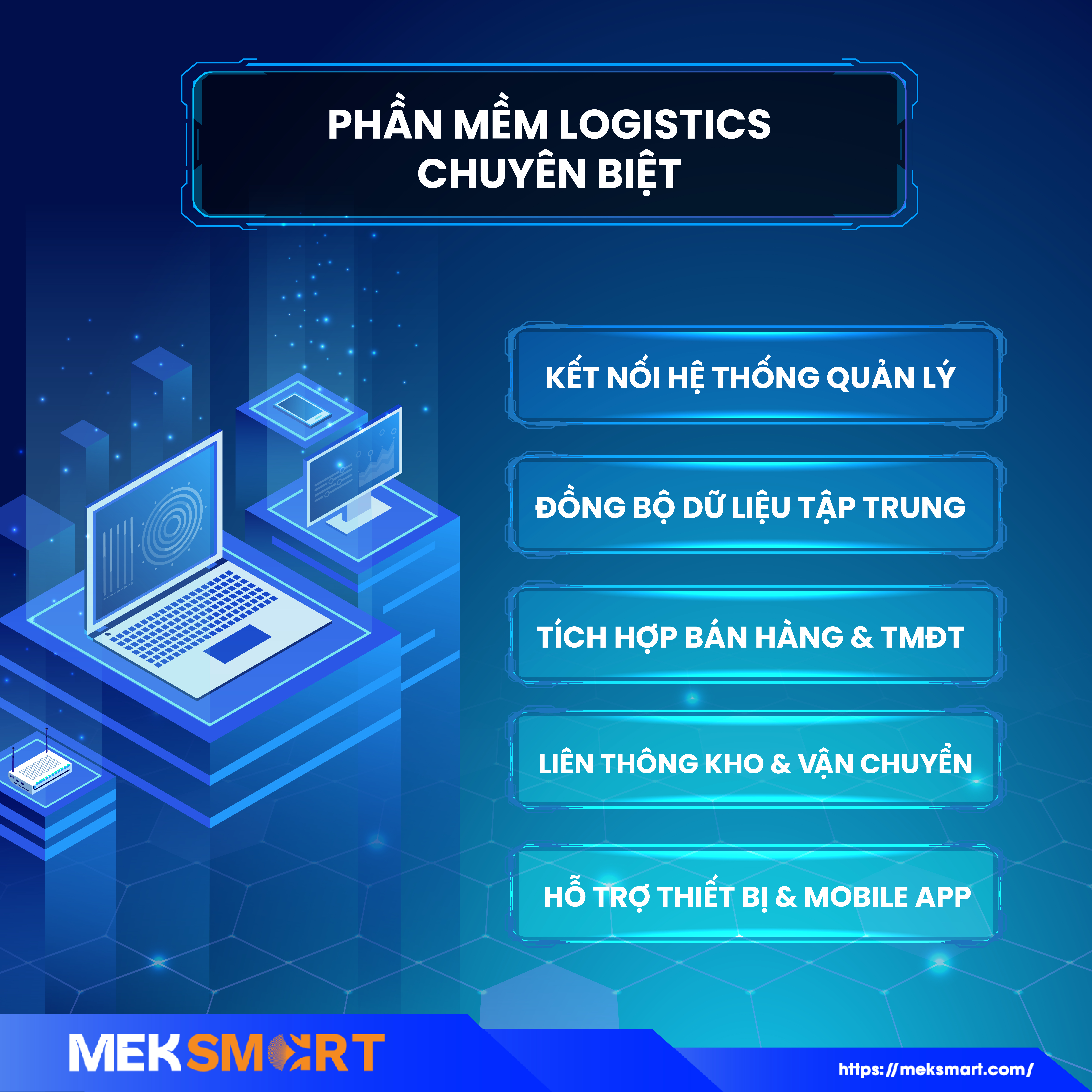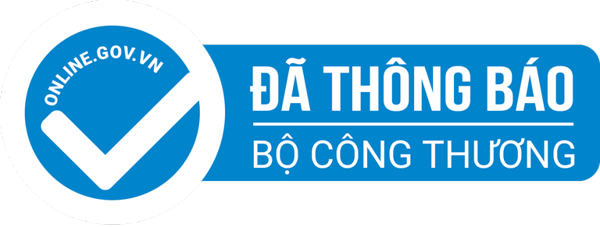MEKSMART
GENERAL NEWS
Author: Meker Meksmart
Update: 04/01/2023
MAIN FUNCTIONS OF THE TRANSPORTATION MANAGEMENT SYSTEM: TRANSPORT PLANNING AND MANAGEMENT
To help readers interested in the main functions of the transportation management system (TMS), Meksmart has researched and compiled a series of articles on the main functions of TMS.
Main functions of the transportation management system
1. Planning
While most of TMS's features focus on execution, much of the system's power comes from the tools it provides for planning and optimizing transit processes.
It provides data and analysis on important factors, such as price, service level, and transit time, to allow users to choose the carrier and route capable of transporting the fastest and cheapest goods.
These optimization capabilities can scale down to the order and load levels. For example, users can size loads or redirect orders to maximize carrier resource utilization in shipments under truckload (LTL).
They can also plan multi-leg trips to minimize fuel and labor costs by avoiding empty miles between stops.
A TMS usually has reporting and analytics features to analyze the service provider's performance and other important metrics. It can also export data and reports to an ERP system or business intelligence (BI) platform for analysis.

2. Transportation Management
A TMS collects, stores, and updates the rates that carriers charge for shipping, usually over the internet in real-time.
Having current rates in one place makes comparisons easier than in the days before TMS when transportation managers had to call or fax carriers and record rates manually.
Instead, relationships with carriers, rates negotiated with them, and delivery times can largely be managed online. The number of carriers in a TMS can reach tens of thousands.
Other features handle workflows and paperwork related to freight management, such as contracts signed with individual carriers and load tenders, provide insights into which carriers need to decide whether to bid for loads and serve as a record of what has been agreed upon.
Some TMS also support order management, although that function is often implemented in ERP or separate order management software.
TMS typically offers a complete set of sophisticated tools for planning, executing, and optimizing shipments and has an up-to-date repository of shipping prices for carriers that can be in the tens of thousands.
Read more: Main Functions Of The Transportation Management System: Execution and Administration






